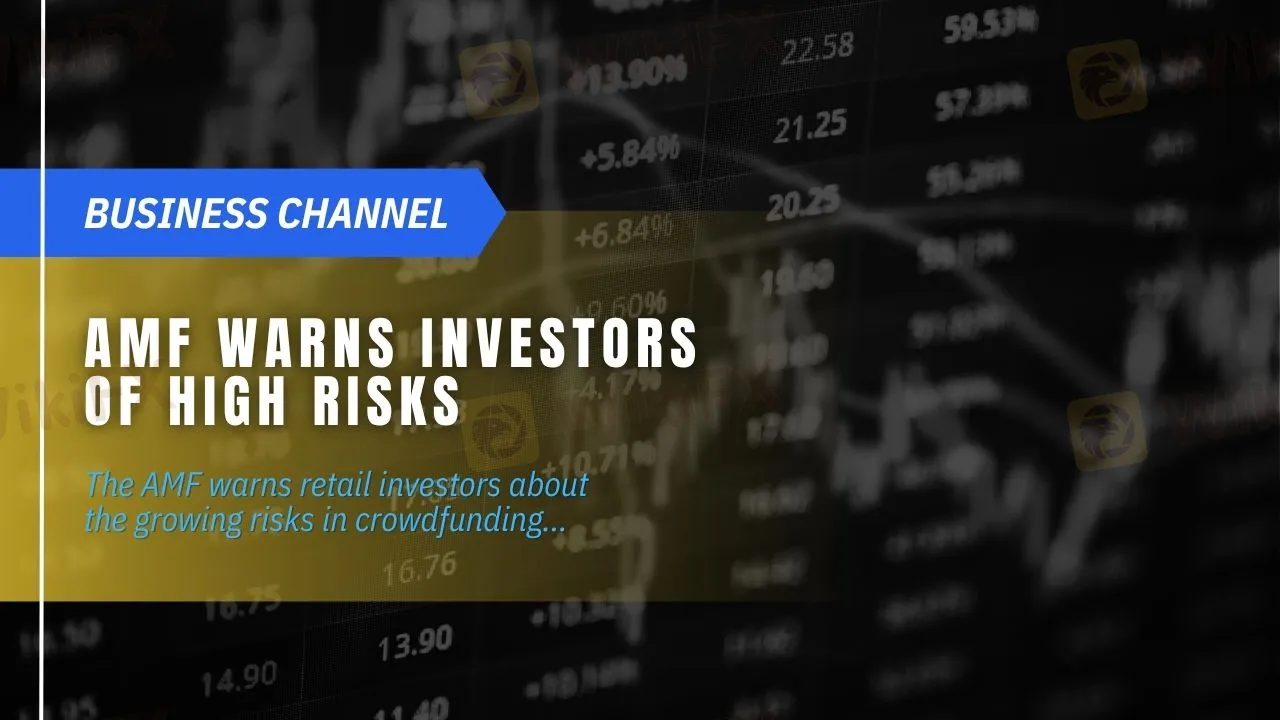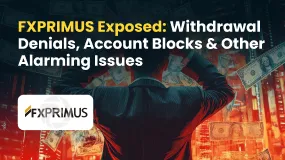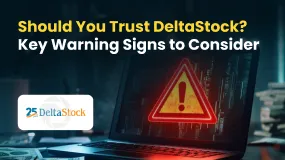简体中文
繁體中文
English
Pусский
日本語
ภาษาไทย
Tiếng Việt
Bahasa Indonesia
Español
हिन्दी
Filippiiniläinen
Français
Deutsch
Português
Türkçe
한국어
العربية
AMF Warns Investors of High Risks in Crowdfunding Projects
Abstract:The AMF warns retail investors about the growing risks in crowdfunding, highlighting possible capital loss, platform failure, and legal recovery costs when projects default.

Frances financial regulator, the Autorité des Marchés Financiers (AMF), has issued a public warning urging investors to exercise heightened caution when participating in crowdfunding schemes. While crowdfunding platforms—also known as CSPs (Crowdfunding Service Providers)—offer access to innovative projects and early-stage companies, they also carry significant financial risks that are often underestimated.
Unlike traditional investments, crowdfunding often involves backing unlisted startups or growth-phase companies through equity subscriptions, bonds, or peer-to-peer loans. The AMF stresses that these investments come with a high probability of capital loss and limited liquidity, making it difficult for investors to resell their securities or recover funds quickly.
One of the main concerns raised by the AMF is the risk of project default. Although some offerings may promise attractive returns, neither interest payments nor capital repayment is guaranteed. If a project owner runs into financial difficulties, investors could face delayed payments—or lose their entire investment.
There are also hidden costs to consider. Legal proceedings, debt recovery services, or appointing a representative to act on behalf of investors in default cases can result in unexpected and substantial fees, especially relative to the small size of typical crowdfunding investments.
Equally concerning is the risk of platform failure. If a CSP shuts down, investors may lose access to their accounts and be forced to pursue repayments directly from the project owners. Although CSPs are required to have contingency plans, these may not fully cover all post-shutdown investor needs, particularly when legal action is required.
Disclaimer:
The views in this article only represent the author's personal views, and do not constitute investment advice on this platform. This platform does not guarantee the accuracy, completeness and timeliness of the information in the article, and will not be liable for any loss caused by the use of or reliance on the information in the article.
Read more

FXPRIMUS Exposed: Withdrawal Denials, Account Blocks & Other Alarming Issues
Have your fund withdrawal applications been constantly denied by FXPRIMUS? Does the forex broker inappropriately block your trading account? Are your deposits disappearing without reaching your trading account? There’s something seriously wrong with this forex broker, whose track record keeps getting worse by the day. Many traders have expressed their anguish on several broker review platforms. While reading those reviews, we could not resist exposing this broker. Check out how traders have criticized FXPRIMUS for its illicit acts.

FXPRIMUS Exposed: Withdrawal Denials, Account Blocks & Other Alarming Issues
Have your fund withdrawal applications been constantly denied by FXPRIMUS? Does the forex broker inappropriately block your trading account? Are your deposits disappearing without reaching your trading account? There’s something seriously wrong with this forex broker, whose track record keeps getting worse by the day. Many traders have expressed their anguish on several broker review platforms. While reading those reviews, we could not resist exposing this broker. Check out how traders have criticized FXPRIMUS for its illicit acts.

Should You Trust DeltaStock? Key Warning Signs to Consider
When you choose any broker to invest your money, do you also check whether any regulatory warnings have been issued against them? If not, it's important that you do. Otherwise, you may risk falling victim to a scam. We bring this up because DeltaStock appears to be actively offering its services in the market. However, several reputable authorities have issued warnings against this broker. Check out those warnings below and be Scam Alert.

One Click on Facebook Cost a 77-Year-Old Over RM100,000
A 77-year-old man in Kuala Terengganu lost more than RM100,000 to a foreign currency exchange (forex) investment scam that began with a Facebook friend request.
WikiFX Broker
Latest News
D. Boral Capital agrees to a fine as a settlement with FINRA
Beware of Fake RS Finance: How to Spot Scams
Fortune Wave Solution: SEC Warns of Investment Scam
Is TD Ameritrade Safe? How to Spot Fake URLs and Stay Protected
Engineer Loses RM230,000 in “Elite Group” Investment Scam
Is Learning Forex Trading Online a Good Idea? Pros and Cons Explained
TradexMarkets: 5 Troubling Signs You Shouldn’t Ignore
A Guide to Buy Stop vs Buy Limit in Forex Trading
SEC Implements New Rules for Crypto-Asset Service Providers
Investment Scam Alert: FCA Identifies 15 Scam Brokers
Currency Calculator


